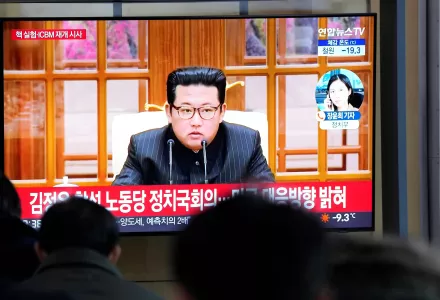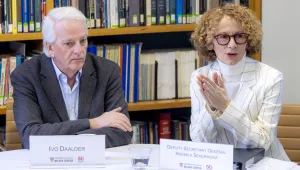
Abstract
Scott Sagan asked me to revisit Nuclear Ethics, a book I published in 1986, in light of current developments in world affairs. In doing so, I found that much had changed but the basic usability paradox of nuclear deterrence remains the same. As do the ethical dilemmas. To deter, there must be some prospect of use, but easy usability could produce highly immoral consequences. Some risk is unavoidable and the moral task is how best to lower it. Nuclear weapons pose moral problems but nuclear use is the greater evil. Abolition may be a worthy long-term goal, but it is unlikely in the short-term relations among the nine states now possessing nuclear weapons. Drawing on just war theory, I examine the three dimensions of intentions, means, and consequences to outline a ten-point agenda for just deterrence that seeks to lower risks of nuclear war. The world has changed since the book was published but the basic moral dilemmas remain the same.
Nye, Joseph S. Jr. "Nuclear Ethics Revisited." Ethics & International Affairs, vol. 37. no. 1. (Spring 2023): 5–17.
.
The full text of this publication is available via Ethics & International Affairs.





